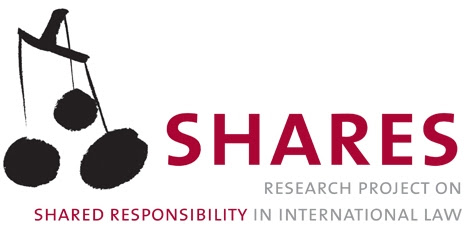Posted by: Stephens Tim
Symposium on the Law of the Sea and the Law of Responsibility, cross-posted on Opinio Juris
Yoshinobu Takei’s interesting post charts recent developments in international fisheries law that have attempted to respond to the ongoing ‘tragedy of the commons’ that flows from the dominance of the Grotian vision of the high seas as a domain of freedom (to fish, and to enjoy the other accepted high seas freedoms). Concerted attention from the 1970s onwards has resulted in an extensive body of international fisheries law, built upon the foundations provided by the UN Convention on the Law of the Sea (UNCLOS). UNCLOS sought to deal with the tragedy of the commons primarily by arrogating to coastal states large swathes of ocean space within the EEZ. That left the problem of shared, straddling, migratory, and high seas fisheries.
None of these have received the same regulatory attention until relatively recently, and since the UN Fish Stocks Agreement was adopted in 1995 there has been many initiatives to strengthen the hand of responsible states in combating unsustainable and irresponsible fishing practices, particularly on the high seas. The main arena of activity (with some notable exceptions, such as the Southern Bluefin Tuna Case) has not been the in the context of state responsibility, but has instead been in the establishment and strengthening of fisheries regimes. These have been sites of considerable international legal innovation, as seen in the adoption of various ‘hard’ (e.g. enhanced port state jurisdiction) and ‘soft’ (e.g. naming and shaming flag of convenience states lending registration to IUU vessels) measures to combat IUU fishing.
The recently requested ITLOS Advisory Opinion may signal a renewed turn to international judicial fora in an effort to enforce international fisheries law. This is a welcome development, given the continued decline in abundance of most major fish-stocks.
